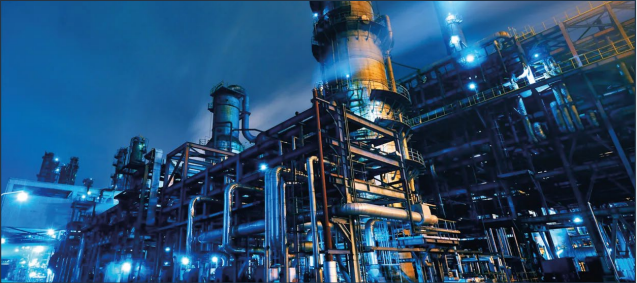We provide complete solutions and services
- info@wave-oil.com
- tel : +202 23083611
- Fax : +202 23083612

Oil and gas specialty chemicals play an important role in the exploration, production, and processing of crude oil and natural gas. These chemicals are used to enhance oil and gas recovery, increase production rates, and improve the quality of the final products. However, the use of these chemicals can also have negative environmental impacts if they are not managed properly.
To address these concerns, the oil and gas industry has made significant efforts to develop and implement environmental management systems (EMS) that incorporate best practices for the handling, storage, and disposal of specialty chemicals. These systems are designed to minimize the environmental impact of oil and gas operations while maintaining or improving operational efficiency.
One example of an environmental management system used in the oil and gas industry is the Responsible Care® program, which was developed by the American Chemistry Council. This program requires companies to implement a range of environmental, health, safety, and security measures to manage the risks associated with the production, transportation, and use of specialty chemicals.
In addition to implementing environmental management systems, the oil and gas industry has also developed a range of environmentally friendly specialty chemicals that are designed to minimize environmental impacts. For example, biodegradable drilling fluids and corrosion inhibitors are used to reduce the environmental impact of drilling operations, while low-emission solvents are used to reduce greenhouse gas emissions during processing.
Overall, the oil and gas industry is committed to minimizing the environmental impact of its operations, including the use of specialty chemicals, and is continually developing and implementing new technologies and best practices to achieve this goal.
Companies that produce and use specialty chemicals have a responsibility to ensure that these chemicals are properly managed and disposed of to minimize their impact on human health and the environment. There are several ways in which companies can ensure that specialty chemicals are properly managed and disposed of, including: